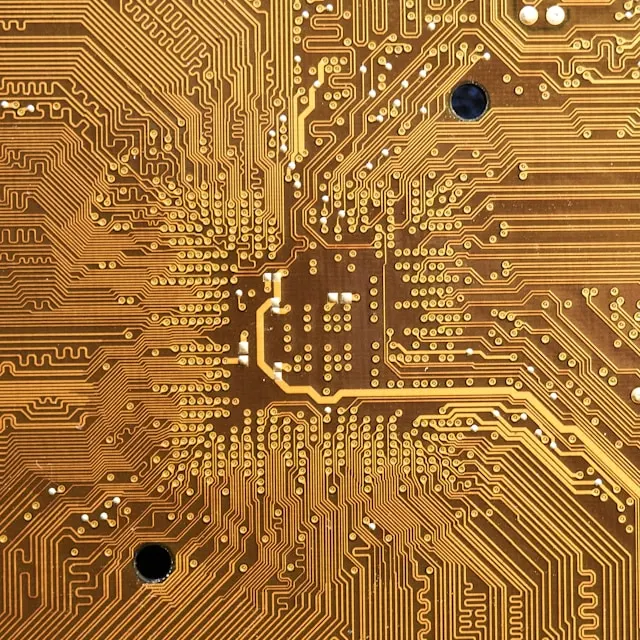
Photo by Manuel on Unsplash
Imagine a world where cancer drugs are designed in days, financial markets are predicted with laser accuracy, and materials are built atom-by-atom. Sounds like sci-fi? Think again. Quantum computing—a revolutionary leap beyond today’s computers—is making this future possible.
How Quantum Computing Works: Breaking Free from 0s and 1s
Classical computers use bits (0 or 1) to solve problems. But quantum computers use *qubits, which can be *0, 1, or both at once (thanks to *superposition). Picture a spinning coin—it’s neither “heads” nor “tails” until it lands. This lets quantum machines explore *millions of possibilities in parallel, solving problems no ordinary computer can crack.
Add *entanglement—a “spooky connection” where qubits share states instantly, even across galaxies—and you unlock *unprecedented computing power.
Real-World Applications of Quantum Computing
- Revolutionizing Medicine
* Drug Discovery: Quantum simulations can model *molecular interactions in seconds, speeding up the hunt for cures to diseases like Alzheimer’s or cancer.
* Personalized Medicine: Design treatments tailored to your DNA, minimizing side effects. - Transforming Finance
* Predict market crashes before they happen.
* Optimize investment portfolios using quantum-powered risk analysis. - Building Tomorrow’s Materials
* Create ultra-strong alloys for spacecraft or high-efficiency batteries for clean energy. - Unbreakable Encryption
* Quantum cryptography* could make hacking impossible—even for governments. But beware: *quantum computers might also crack today’s encryption, sparking a race for *quantum-safe security.
The Challenges: Why Quantum Computers Aren’t in Your Phone Yet
Building qubits is like *herding cats. These fragile quantum states collapse at the slightest noise (called *decoherence). To fight this:
* Superconducting qubits are chilled to -460°F (colder than space!).
* Trapped ion qubits* use lasers to hold atoms in place.
* Photonic qubits* send data via light but struggle to scale.
Programming these machines is equally tricky. Developers need quantum algorithms that exploit superposition and entanglement—a skill as rare as the tech itself.
Who’s Leading the Quantum Race?
Big players like Google, **IBM, and startups like *Rigetti are racing for *quantum supremacy—the moment a quantum computer outperforms classical ones. In 2019, Google claimed this milestone, but critics argued the test lacked real-world use. Today, companies focus on *quantum advantage: solving practical problems faster and cheaper.
Quantum Computing vs. Classical Computing: What’s the Difference?
| Classical Computers | Quantum Computers |
|---|---|
| Use bits (0 or 1) | Use qubits (0, 1, or both) |
| Solve problems step-by-step | Explore all solutions at once |
| Great for spreadsheets, emails | Ideal for optimization, simulations, AI |
Fun (and Mind-Blowing) Quantum Facts
- Cooling Costs: Quantum fridges cost millions, but startups are working on *cheaper, smaller models.
- “No-Cloning” Theorem: You can’t copy quantum data—a boon for *unhackable communication.
- Quantum Teleportation: Scientists can “teleport” qubit states across labs (no, not people… yet).
What Does This Mean for You?
While quantum laptops are decades away, industries are already preparing:
- Banks are testing quantum-safe encryption.
- Pharma giants are partnering with quantum startups.
- AI researchers are using quantum algorithms to teach robots faster.
🚀 Want to Stay Ahead?
Subscribe for FREE and get:
🔥 Breaking quantum tech news
🔑 Simple guides to quantum basics
💡 How industries like healthcare, finance, and AI will change
🚀 “Stay ahead in the quantum revolution! Subscribe to our newsletter for the latest breakthroughs, insights, and real-world applications of quantum computing.”

